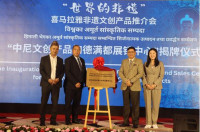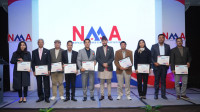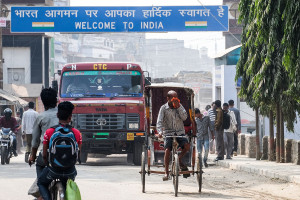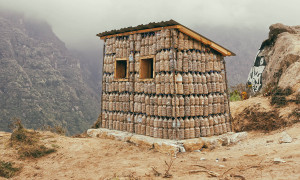Money
House panel tells Supply Ministry to allow gas bottlers to obtain bullets
The parliamentary Industry, Commerce and Consumer Welfare Protection Committee told the Supply Ministry on Tuesday to withdraw its decision forbidding Nepali gas bottlers from obtaining bullets to transport liquefied petroleum gas (LPG).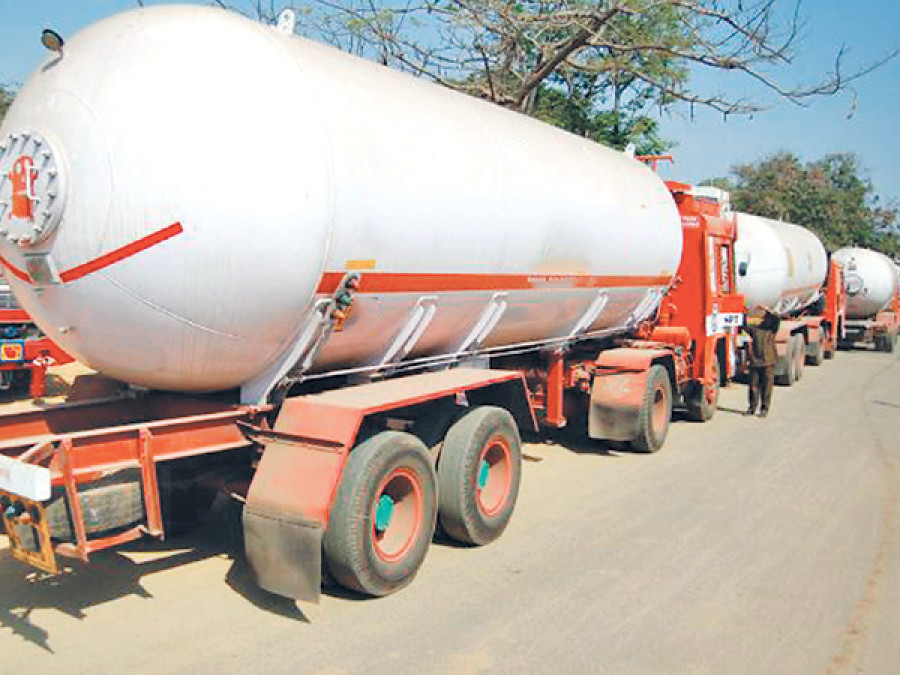
The parliamentary Industry, Commerce and Consumer Welfare Protection Committee told the Supply Ministry on Tuesday to withdraw its decision forbidding Nepali gas bottlers from obtaining bullets to transport liquefied petroleum gas (LPG).
The House panel also instructed the ministry to formulate bylaws to regulate gas bullets in one month besides permitting bottling plants to acquire them.
On July 19, state-owned Nepal Oil Corporation (NOC) had written to the Nepal LP Gas Industry Association saying that gas bottlers could obtain 600 gas bullets. However, the Supply Ministry overrode the decision the very next day.
Government officials said both decisions had been influenced by different actors. They said that NOC had been influenced by bottling plants who could buy gas bullets and the ministry had been pressured to scrap its decision by Indian transport companies involved in transporting gas to Nepal. The House panel said the ministry’s decision was ‘inappropriate’. “At a time when the government in its budget statement had also talked about regularising cooking gas supplies besides slashing the import duty on gas bullets by two-thirds, the ministry’s order to stop the licensing process has not only raised questions about the consistency of government policy but also harmed efforts to achieve self-sufficiency in essential fuel,” it said.
NOC had moved to allow gas bottlers to obtain bullets last year following the economic blockade by India. The state-owned company was inundated with more than 1,000 applications when it called for tenders.
Nepal does not possess its own gas bullets. As a result, gas supplies are subject to the vagaries of Indian transport companies. Fed up with frequent supply disruptions and resulting shortages in the market, NOC had decided to allow local companies to obtain bullets. This would also stop the outflow of Rs3.5 billion in freight charges that the country pays to Indian transporters annually.
“Since the ministry delayed introducing bylaws to regulate gas bullets, we were compelled to permit gas bottlers to start the purchase process,” NOC Managing Director Gopal Bahadur Khadka told the House panel. He also accused the ministry of not cooperating with NOC to regularise fuel supplies during the difficult time of the four-and-a-half-month-long economic blockade.
However, the ministry said that NOC had failed to coordinate with it regarding the issuance of permits. Supply Secretary Shreedhar Sapkota said they did not want to allow bottling plants to buy bullets before the necessary legal provisions were in place.
According to him, the ministry has formed a committee under the executive director of the Nepal Bureau of Standards and Metrology Bishwo Babu Pudasaini to formulate the bylaws.
Meanwhile, gas bottlers warned the government that the country could face severe LPG shortages if a decision was not reached on time.
Shiva Prasad Ghimire, president of the Nepal LP Gas Industry Association, said Indian transporters would switch to transporting fuel for Indian Oil Corporation in 2017 since they had been told that Nepali gas bottlers would get their own bullets. “If we fail to transport cooking fuel in our own vehicles on time, we could face supply problems in the future,” he said.




 10.12°C Kathmandu
10.12°C Kathmandu